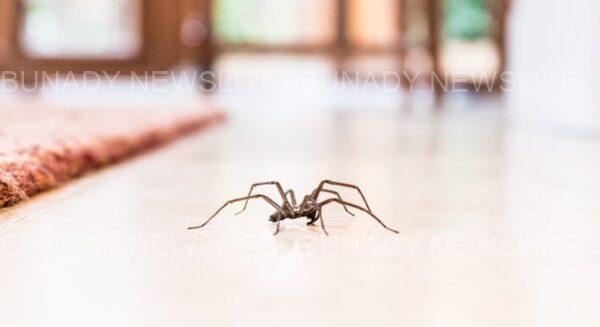How to keep spiders out of your home
While most spiders are harmless—and even helpful in controlling other pests—it’s understandable if you’d rather not share your home with them....READ ORIGINAL & FULL CONTENT FROM SOURCE | READ ORIGINAL & FULL CONTENT FROM SOURCE...
The good news is that keeping spiders out of your living space is entirely doable with a mix of prevention, cleanliness, and natural deterrents.
Here are several effective strategies to help keep spiders out of your home:
1. Seal cracks and entry points
Spiders often enter through small gaps around windows, doors, vents, and foundation cracks. Inspect your home’s exterior and seal any visible cracks with caulk. Install door sweeps and repair torn window screens to minimize access points.
2. Keep your home clean and clutter-free
Spiders love hiding in undisturbed areas with lots of clutter. Vacuum regularly—especially in corners, under furniture, and along baseboards. Declutter storage areas like basements, attics, and garages where spiders tend to nest.
3. Reduce outdoor lighting at night
Outdoor lights attract insects, which in turn attract spiders. Use yellow sodium vapor lights that are less attractive to bugs, or turn off unnecessary lights at night. You can also install motion-sensor lighting to limit constant illumination.
4. Remove vegetation near the house
Trim back shrubs, ivy, and tree branches that touch your home. Spiders often use vegetation as a bridge to get inside. Also, avoid stacking firewood or debris directly against the exterior walls.
5. Use natural spider repellents
Spiders dislike certain scents. Try spraying a mixture of water and essential oils—such as peppermint, tea tree, eucalyptus, or citrus—around windows, doorframes, and baseboards. Vinegar and lemon solutions can also be effective.
6. Keep your home dry
Spiders are attracted to moist environments where their prey lives. Use dehumidifiers in damp areas like basements and bathrooms, and fix leaky pipes or faucets promptly.
7. Use sticky traps as a monitoring tool
Place non-toxic sticky traps along baseboards, behind furniture, or in corners to monitor spider activity. This can help you identify problem areas and take targeted action.
8. Limit their food source
Spiders typically go where there are other insects to feed on. Keeping your home free of flies, ants, and other bugs will naturally reduce the spider population. Proper food storage, regular cleaning, and bug-proofing your home go a long way.
9. Consider professional pest control (If needed)
If spider problems persist or you’re dealing with venomous species like black widows or brown recluses, it may be worth consulting a professional exterminator. They can safely assess and treat the issue.

